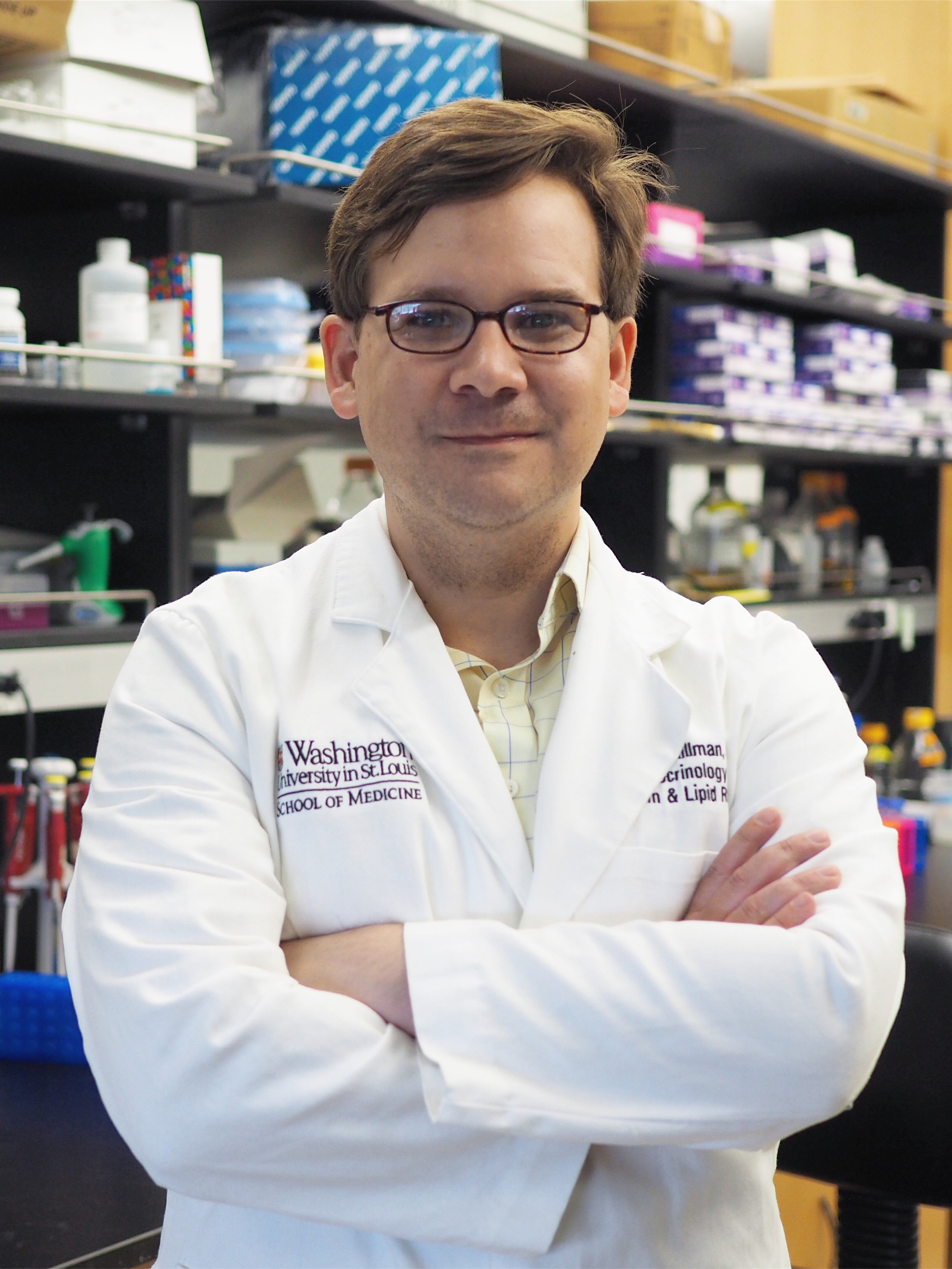
Stem cell-derived islets: A promising solution for diabetes treatment
Jeffrey Millman1.
1Medicine and Biomedical Engineering, Washington University School of Medicine, St. Louis, MO, United States
The process of stem cell differentiation offers a sustainable means to produce functional cells and tissues, which can be used to address various diseases, such as diabetes, that arise from the malfunction or death of insulin-producing islets within the pancreas. Through our research, we have developed SC-islets, which exhibit glucose-stimulated insulin secretion, by manipulating both the actin cytoskeleton and signal transduction pathways during the differentiation process. Additionally, we have generated SC-islets from diabetic patients, corrected the mutations that cause diabetes, and implanted them into mice afflicted with severe diabetes, resulting in the restoration of normal blood sugar levels. This approach has demonstrated sustained efficacy for up to a year. Our ultimate objective is to utilize this technology to replace damaged islets in human patients, as well as to develop a superior disease model for drug discovery.
Optimizing Differentiation to Stem Cell Beta Cells
Immunoprotection of Stem Cell Islets: Genome Editing and Beyond